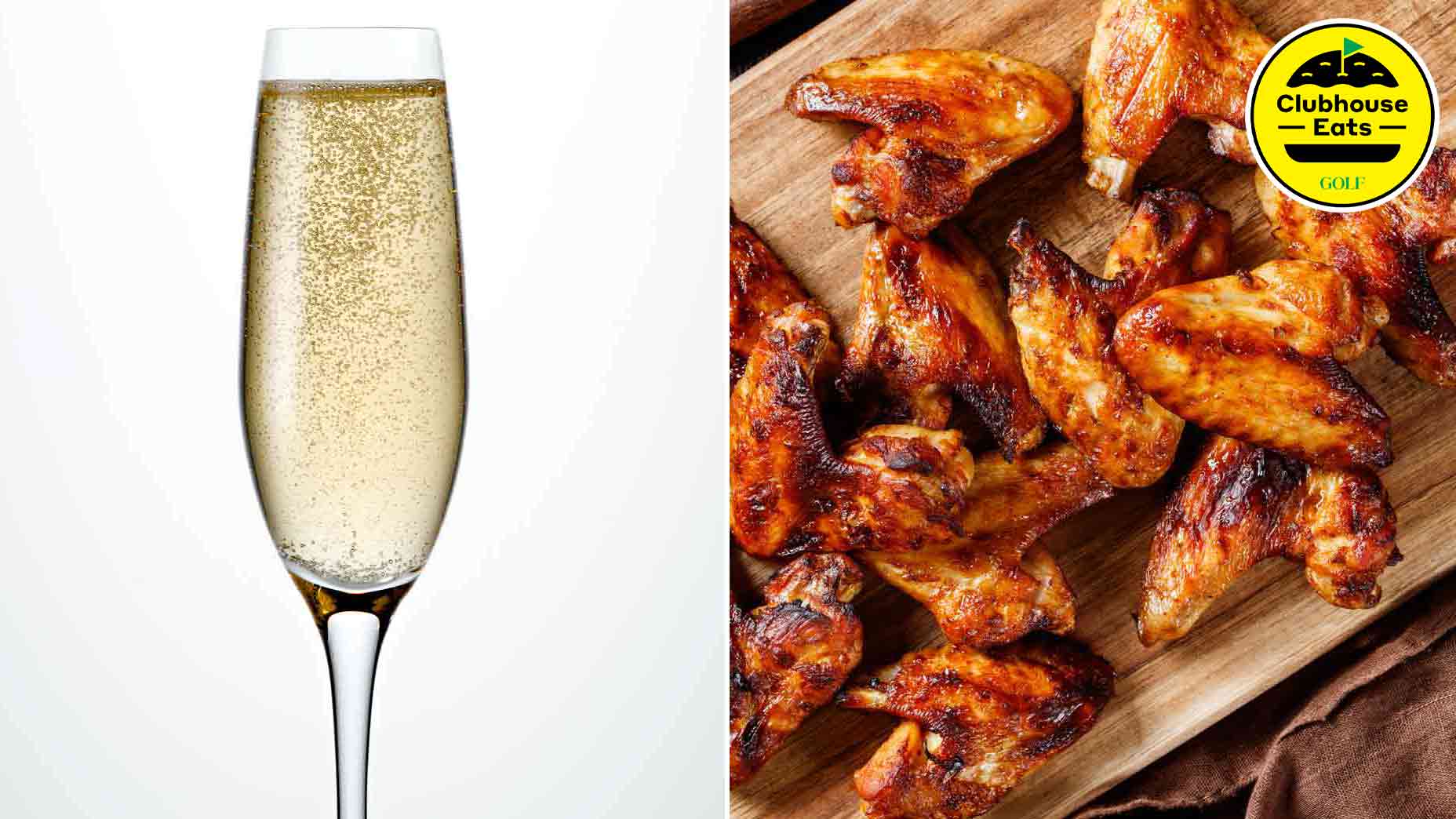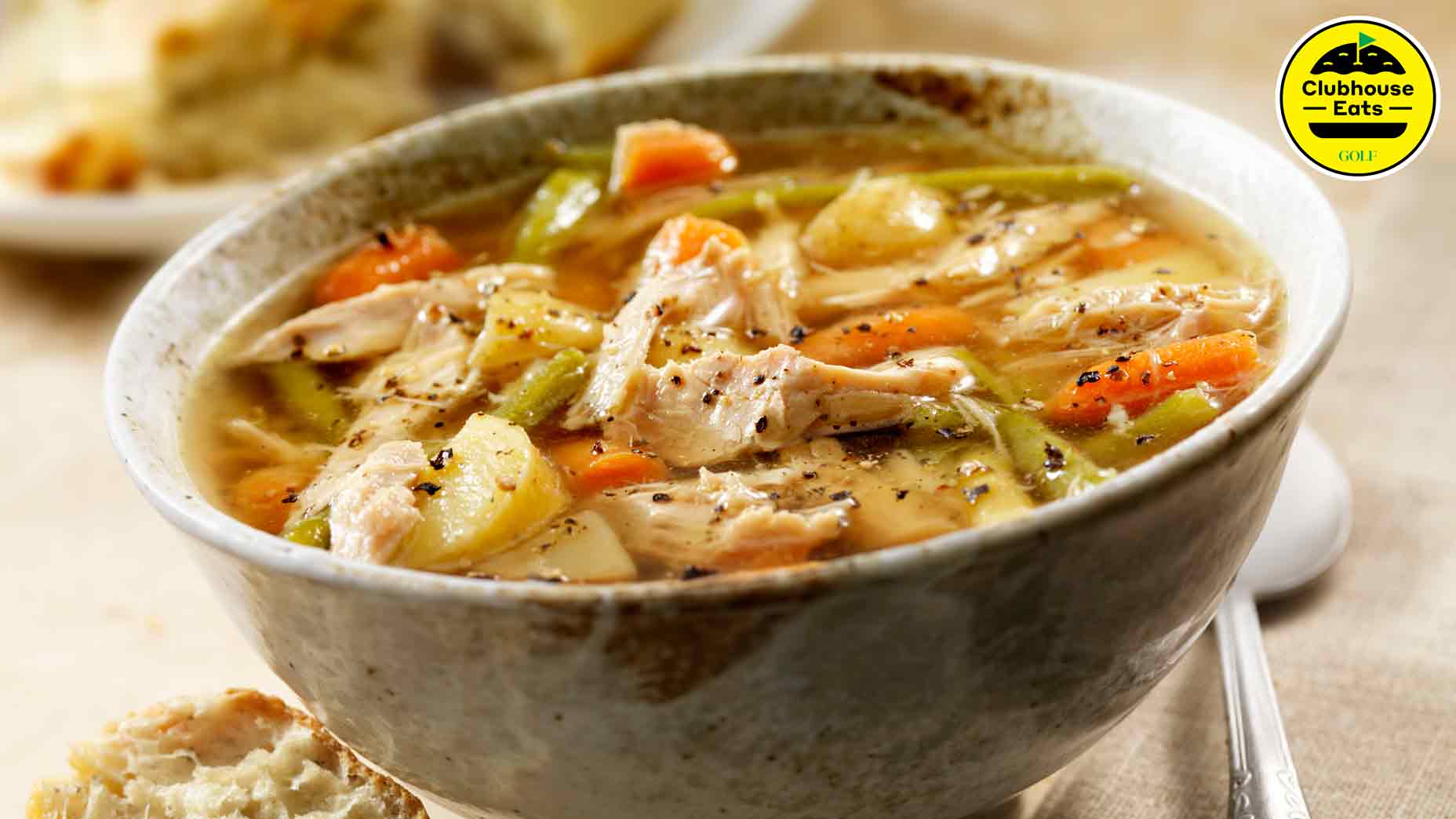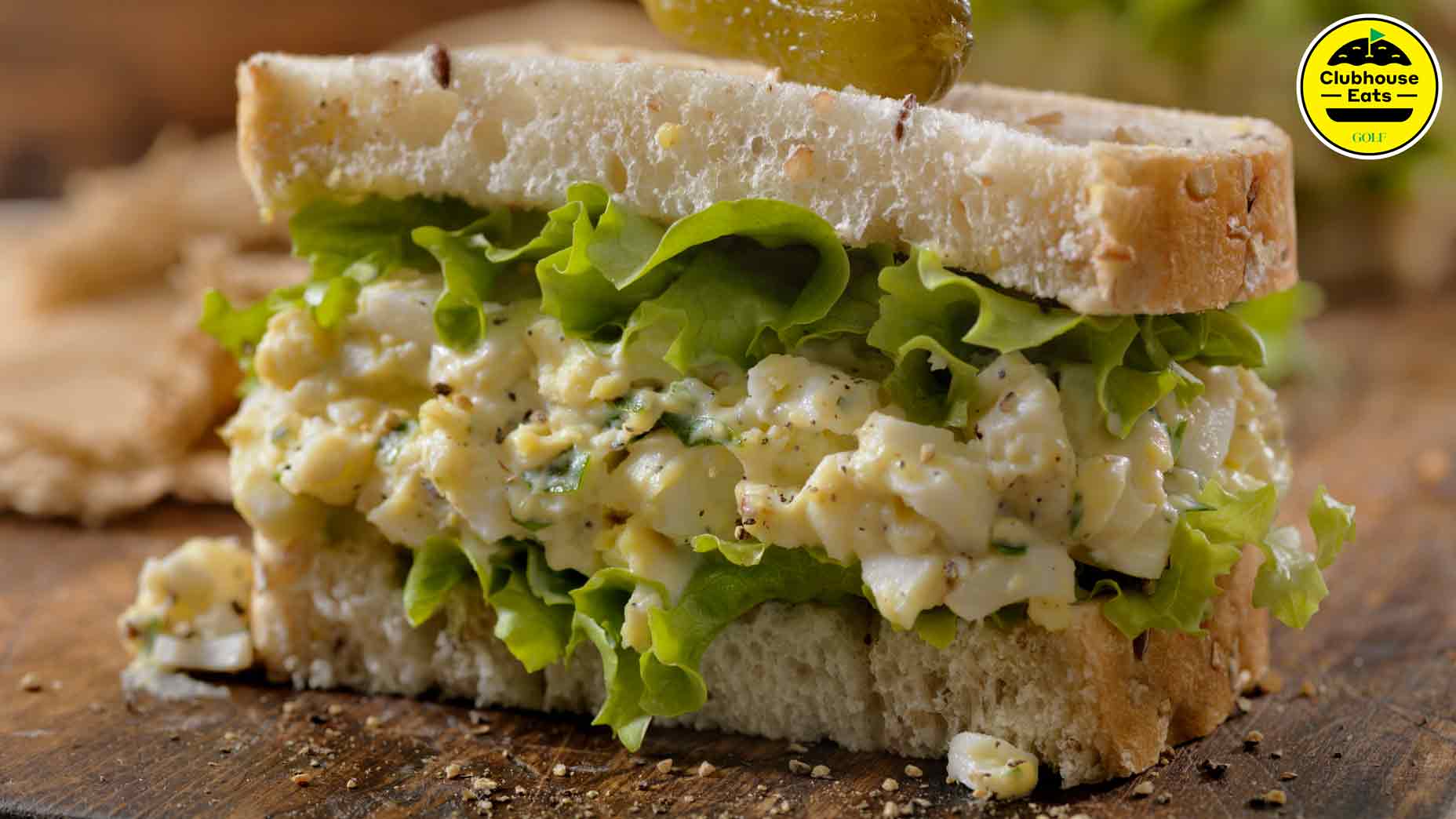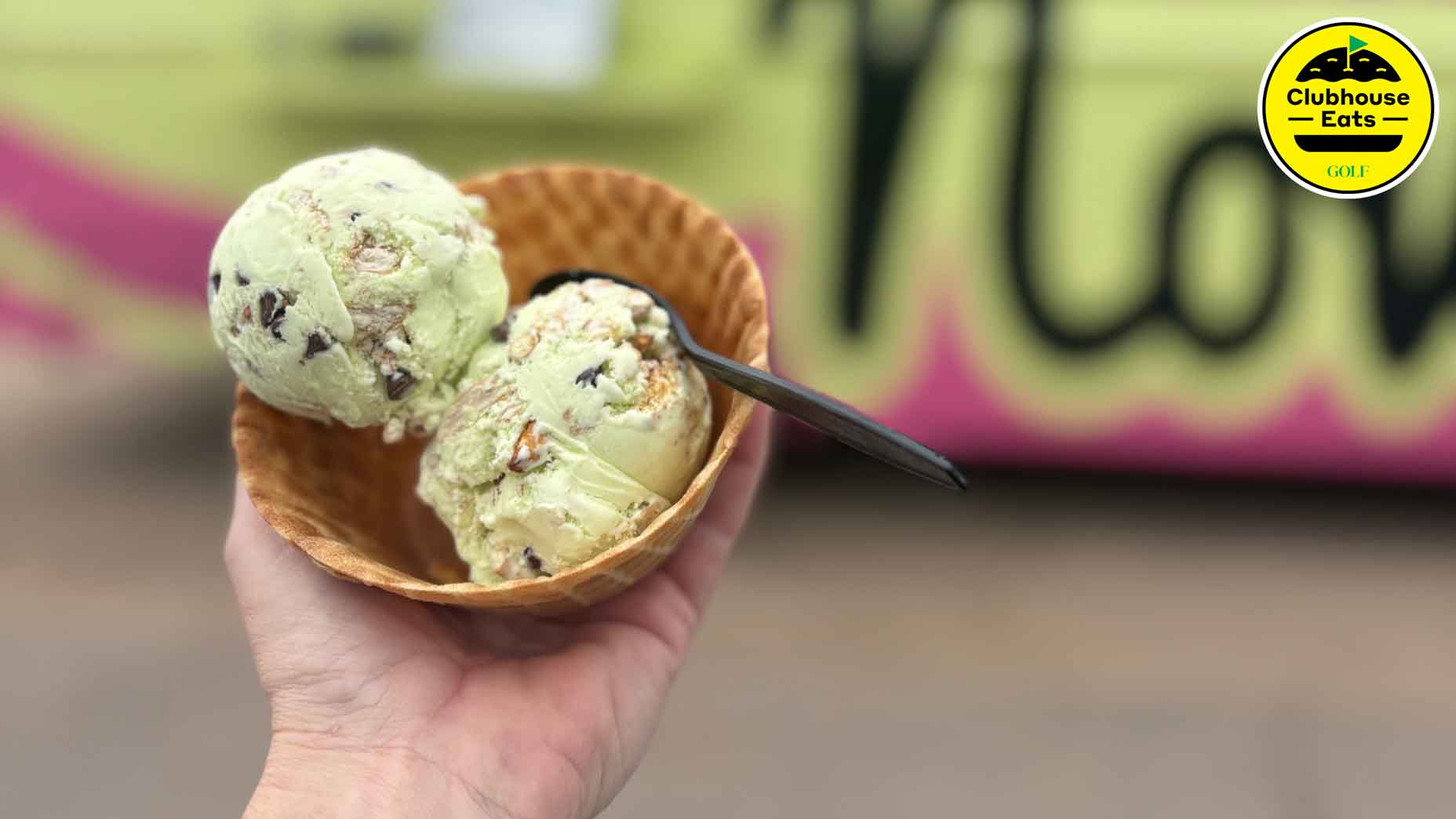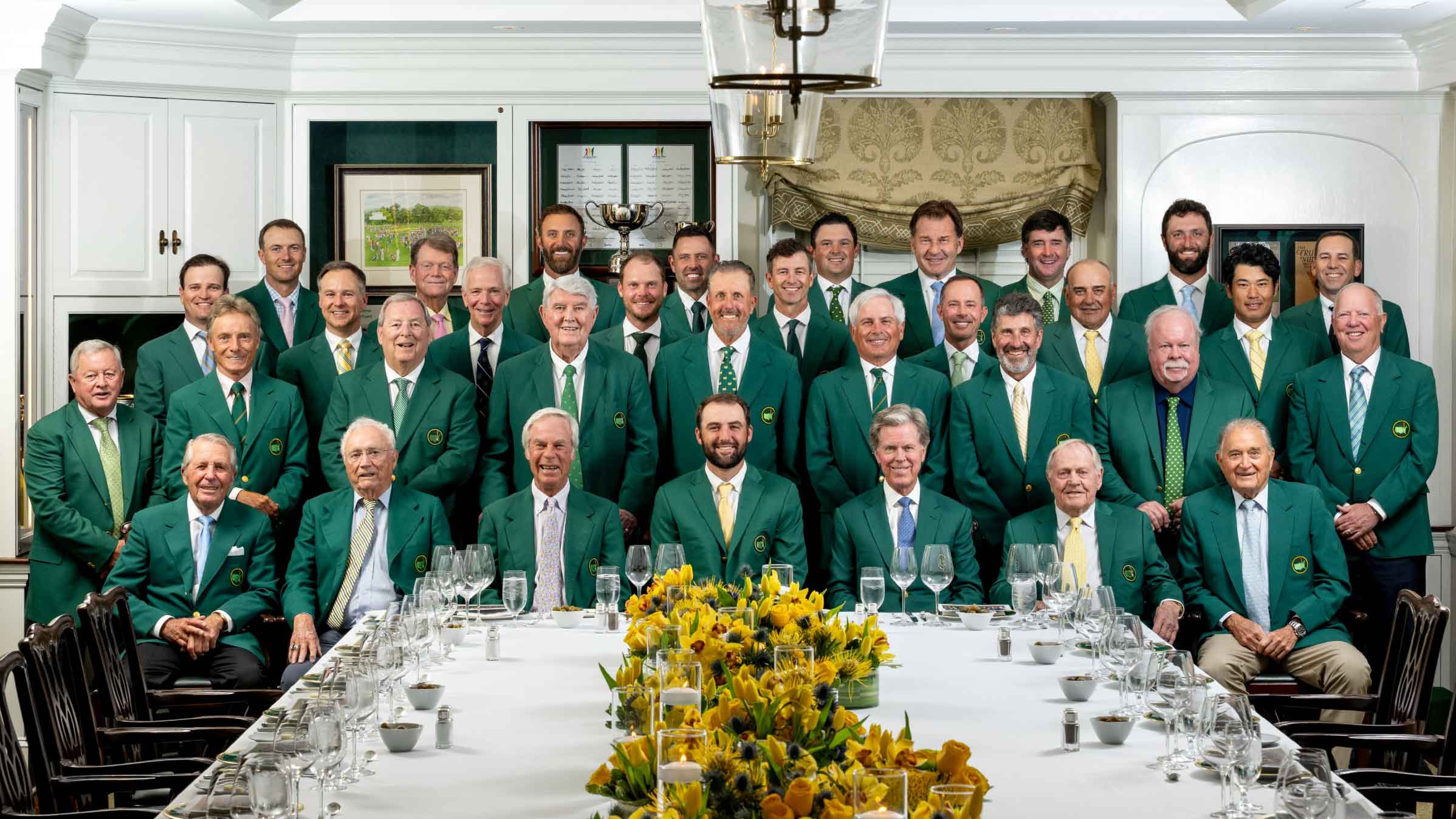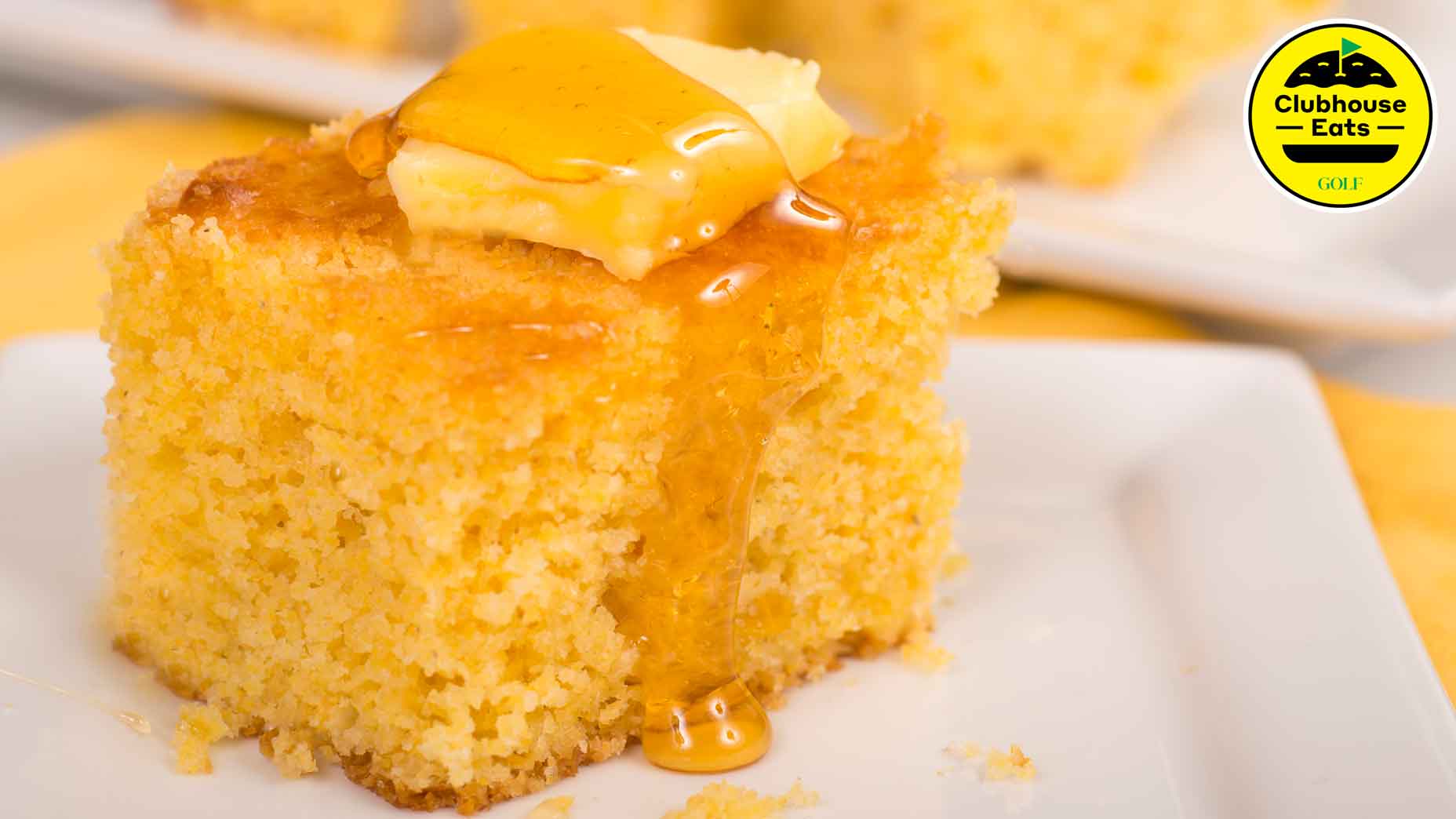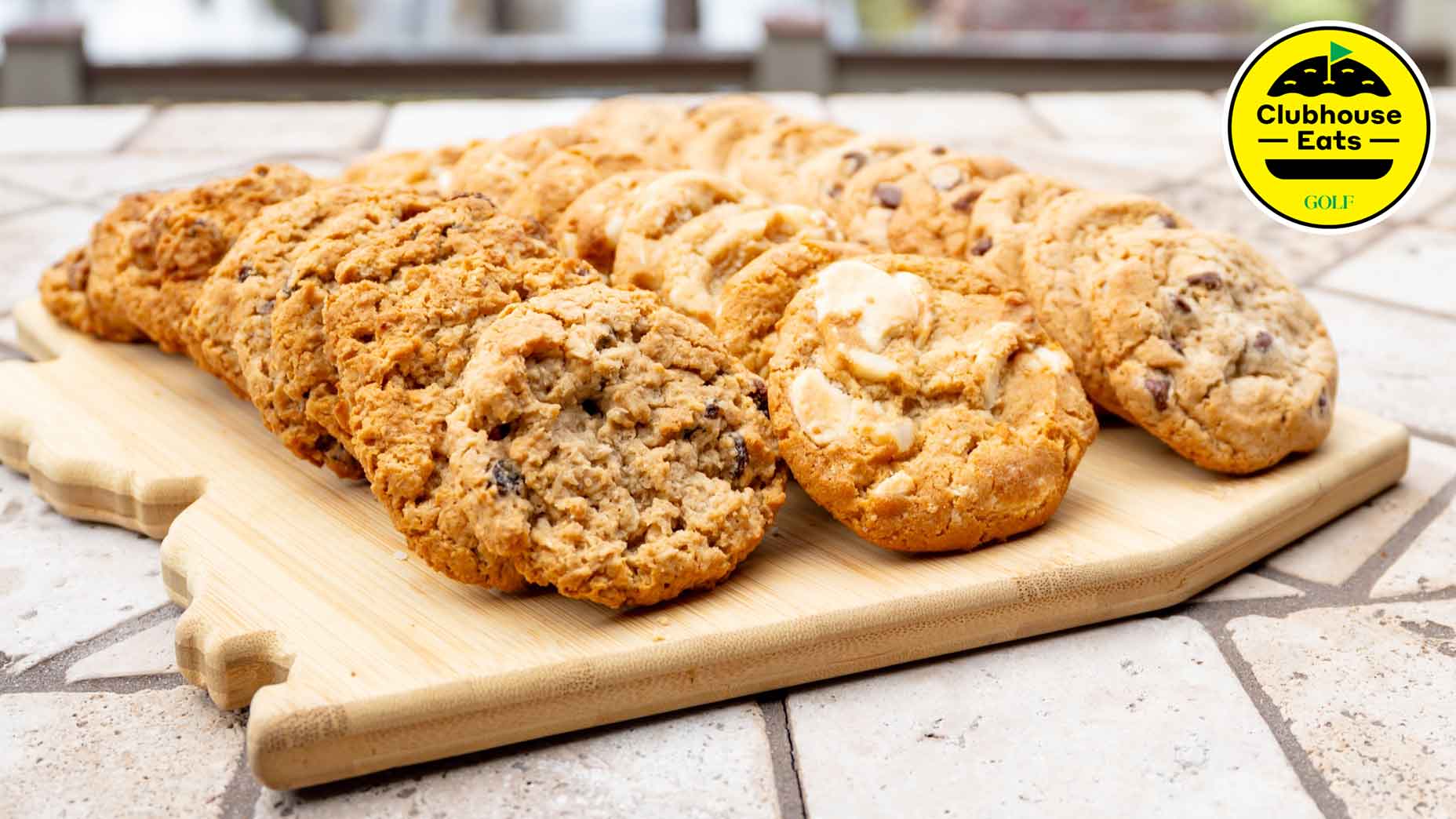Great dining experiences are comprised of more than just delicious food; they also include equally great beverages.
Moreover, the very best meals include food and drink that are expertly paired together. When it comes to such pairings, you can go one of two ways: you can either pick beverages that complement the food through similar flavors, or you can choose contrasting beverages, where the food will draw attention to a particular aspect of the drink and vice versa.
Zouhair Bellout, the executive chef at Reynolds Lake Oconee, always strives to create complementary pairings.
“The way I see it,” he says, “if you’re going to get a bite and then take a sip, it shouldn’t be a contrast. It shouldn’t be one against the other. It should be a complement to whatever you have first.
“When I think about food and beverage pairings, I don’t tend to separate the two,” he continues. “For me, it’s a continuation of developing a dish.”
The secret to making perfect chicken soup, according to a golf-club chefBy: Shaun Lewis
When Chef Bellout begins creating a dinner menu that features paired beverages, he always starts by selecting the contents of the glass. In his mind, it’s all about a logical sequence of events.
“When you sit down at a table, what do you see first?” he asks. “It’s your drink. Automatically, you’re going to have a sip of your drink before you have your food. I want to build my dish to perfectly follow that first sip.”
To offer more insight into successful and unexpected food-and-beverage pairings, we asked Chef Bellout to work backward. We presented him with seven types of food — dishes that either already have popular beverage pairings or are staples on most clubhouse menus — and we sought his advice for drinks that would work best with those foods.
As you explore the possibilities of food and drink in the future, we hope Chef Bellout’s suggestions below provide some initial guidance. But should you find yourself stumped, a bottle of Dom Pérignon (or any of its proxies) never fails. “We don’t need a reason to drink Champagne,” Bellout declares. “Plus, it goes with everything.”
7 unconventional — and delicious! — food-and-beverage pairings
Salmon
We’ve been conditioned to always lean toward white wines when it comes to eating fish, but Chef Bellout pushes back on that notion, especially when salmon is on the menu.
“I always like the fruitiness of Pinot Noir,” he says. “Salmon has enough fat, and the natural oils in the fish stand up to the characteristics of the wine. The two work perfectly together.”
Buffalo Wings and/or Fried Chicken
You may be inclined to order a beer the next time you get a plate of wings or a basket of fried chicken, but — so long as you’re in the right establishment — try switching it up and ordering a glass, or better yet a bottle, of Champagne.
“My favorite thing to pair with fried chicken or wings is Champagne,” says Bellout. “The sweetness and the effervescence of the wine acts like a palate cleaner between bites and it helps to cut through the richness of the food. The sweetness also helps with the spice from the wings, whereas the bubbles of the wine and the crunch from the fried chicken work in tandem to deliver two different mouthfeels.”
Bacon Cheeseburger
Burgers and beers. As Forrest Gump once said, they go together like peas and carrots. Or do they? Not in Chef Bellout’s opinion.
“When you think burger, you automatically think beer,” he acknowledges. “But with a juicy burger, the peppery flavor of a juicy Zinfandel is the perfect combination to a burger. A Zinfandel also has a full body, which stands up well to a burger and the smokiness of the bacon.”
Oysters
If the raw bar menu catches your eye, especially if you’re ordering oysters, you can’t go wrong with a glass of Chablis. It’s one of those classic pairings that really work, and Bellout agrees. But if he’s in the mood to think outside the box, the 41-year-old chef will select a sparkling sake, specifically for the way it lingers on the palate.
“It almost has a citrus note on the finish,” he says, “which is a perfect complement to an oyster. It’s almost like that last squeeze of lemon.”
The secret to making an Augusta National-grade egg salad sandwich, according to a golf-club chefBy: Josh Sens
Cheese Pizza
Not all cheese pizzas are created equal. Richness can vary from cheese to cheese just as sauces can have different acidity levels. For that reason, as a general rule, Bellout reaches for a beer — specifically a lager — to pair with pizza.
“A lager is mild. It’s clean. It doesn’t mask the flavor that you’re going to pick up from the sauce or cheese or the flavor of the dough,” he says. “It’s the perfect pairing for pizza because it’s not dominating the delicate flavors of the food.”
Chicken Caesar salad
A Caesar salad — with or without chicken — is a confluence of bold flavors. Capers. Anchovies. Lemon. Parmesan. Such a medley can make complementary beverage pairings tricky. The best choice, in Bellout’s opinion, is a glass of Sauvignon Blanc.
“You don’t want a wine that will get lost when paired with those bold flavors,” he says. “Sauvignon Blanc gives you the crispness [to counter the richness of the dressing], but you get the citrus notes that complement the salad’s flavors, too.”
Steak
The next time you order a juicy ribeye, T-bone, or filet mignon — and you want to be adventurous — Bellout suggests pairing those steaks with a bourbon, since the whiskey’s mash bill — the mix of grains used to make a bourbon — of at least 51 percent corn aligns with the corn-based diets of most beef cattle. Also, he says, the oaky notes from the barrel are a nice complement to the hints of char that accompany the flavors of the beef.
But when you think of a juicy steak, no matter the cut, you likely think of a bold red wine, like Cabernet Sauvignon. There’s a reason for that. As Bellout explains, the tannins in the wine help to break down the enzyme of the steak. “Cabernet Sauvignon is my go-to pairing with any steak,” the chef acknowledges, “because it’s perfect.”


